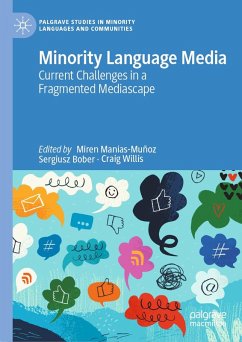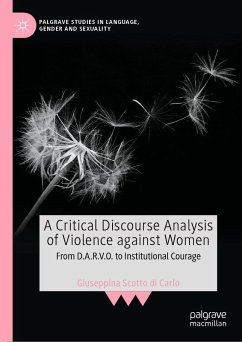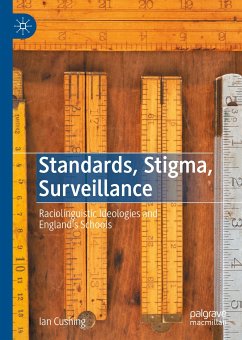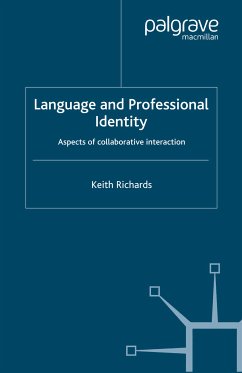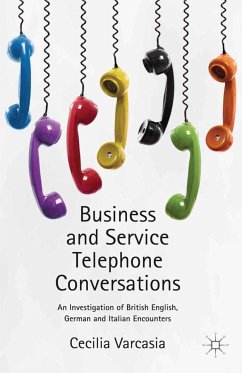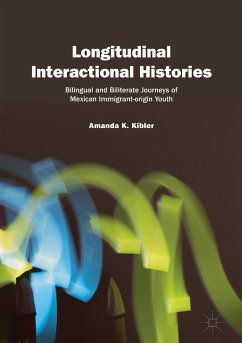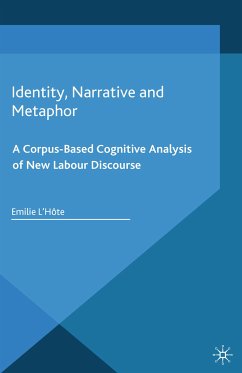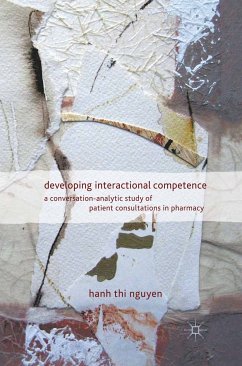
Developing Interactional Competence (eBook, PDF)
A Conversation-Analytic Study of Patient Consultations in Pharmacy
Versandkostenfrei!
Sofort per Download lieferbar
72,95 €
inkl. MwSt.
Weitere Ausgaben:

PAYBACK Punkte
36 °P sammeln!
An unprecedented glimpse into the multidimensional learning processes that take place when novice professionals develop the necessary communication skills for effective task accomplishment. This analysis of authentic patient consultations by pharmacy interns is a significant contribution to research on health communication training.
Dieser Download kann aus rechtlichen Gründen nur mit Rechnungsadresse in A, B, BG, CY, CZ, D, DK, EW, E, FIN, F, GR, HR, H, IRL, I, LT, L, LR, M, NL, PL, P, R, S, SLO, SK ausgeliefert werden.






